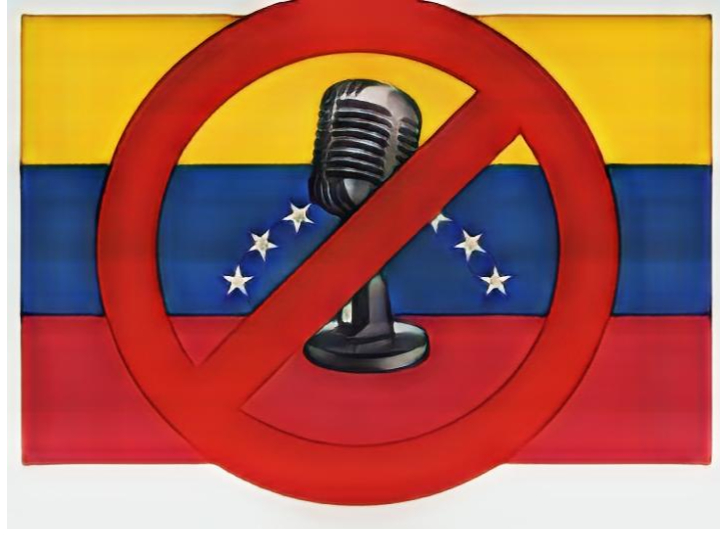RIVERSIDE, CA– Sean Penn, known for film roles in “Dead Man Walking,” “Milk,” and “Mystic River,” is more than an actor; he’s a philanthropist, two-time Oscar winner, and, perhaps surprisingly, a controversial journalist. Venturing into Latin American countries, he’s documented encounters with figures such as Venezuelan strongman Hugo Chavez and Mexican drug lord “El Chapo.” However, because he treats controversial subjects with undue favoritism, benefiting mainly himself and his subjects, his journalism should be viewed with great skepticism. As such, he doesn’t truly qualify as a journalist.
Nevertheless, Penn’s work has appeared in notable journalism outlets such as The HuffPost, San Francisco Chronicle, and Rolling Stone. But his cozy interviews with Hugo Chavez challenge the definition of journalism, especially given the lack of balance and credible sources in his reporting. Considering the First Amendment’s safeguarding of press freedom, Penn’s suggestion [“Every Venezuelan journalist who speaks against Hugo Chavez should be imprisoned”] that Venezuelan journalists critical of Chavez deserve imprisonment is paradoxical and undermines journalistic integrity.
In 2007, Sean Penn reported from Venezuela for HuffPost during the controversial shutdown of RCTV by President Hugo Chavez, sparking significant protests. Penn’s reporting, notable for its bias, seemingly aimed to antagonize American and Venezuelan media. This approach may have facilitated his access to Chavez, a leader known for his media hostility and critique of U.S. democracy.
Penn describes his experience with the massive protests against Chavez for his attacks against the press after the shutdown — huge crowds chanting obscenities aimed at the government weeks after RCTV’s shuttering. Yet, Penn used this as an opportunity to criticize CNN for failing to depict Chavez’s good qualities as a president.
In an open letter, Venezuelan human rights activist Maria Conchita Alonzo slammed Penn’s idea of journalism. “Sean Penn does not have the faintest idea of what communism means. To understand communism, he should have been born in Venezuela, he is distorting the reality that we Venezuelans suffer,” Alonzo wrote.
Not only that, but he also said, “President Chavez is the leader that Venezuela needs. I’m proud to call him my friend, which is clearly not something a true journalist would say or do.” In fact, the Society of Professional Journalists (SPJ) recommends that journalists avoid conflicts of interest, refrain from political involvement, and not encourage violence. Penn violated all of those policies by expressing his political stance, praising Chavez’s form of government, and publicly condoning violence against Venezuelan journalists for exercising their right to freedom of the press.
“During his visit as a journalist in Venezuela, Penn became a hostage of Chavez, and Penn asked only what Chavez wanted, that’s not how journalism works,” said Mexican journalist Lydia Cacho.
Indeed, it does not. Sean Penn is less a journalist than a masterful propagandist for his rich and powerful friends, who happen to be dictators and violent criminals. His advocacy for punishing those who criticize Hugo Chavez contradicts the journalistic principle of amplifying marginalized voices and highlighting injustices. Penn’s coverage of Venezuelan politics ultimately fails as journalism and undermines the essence of a free press.


